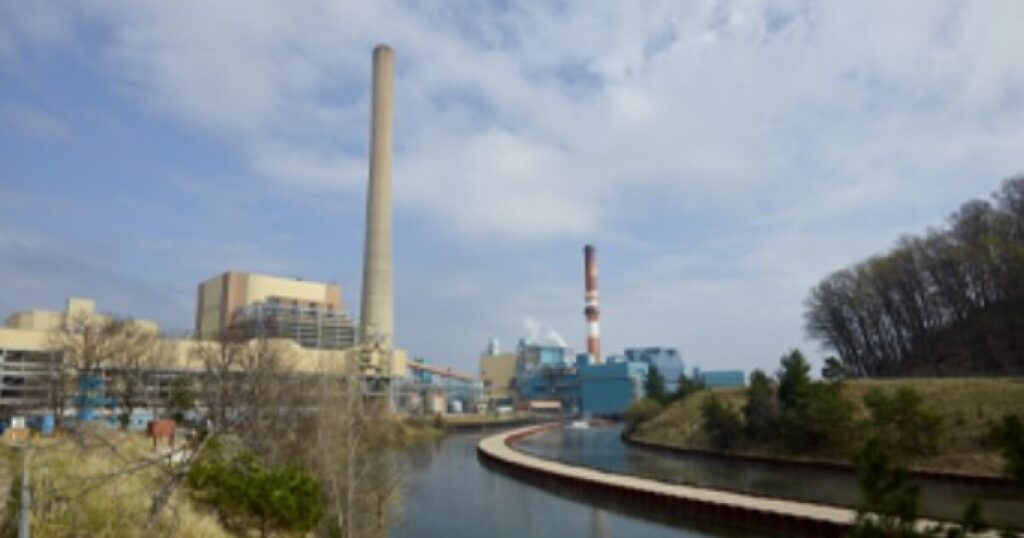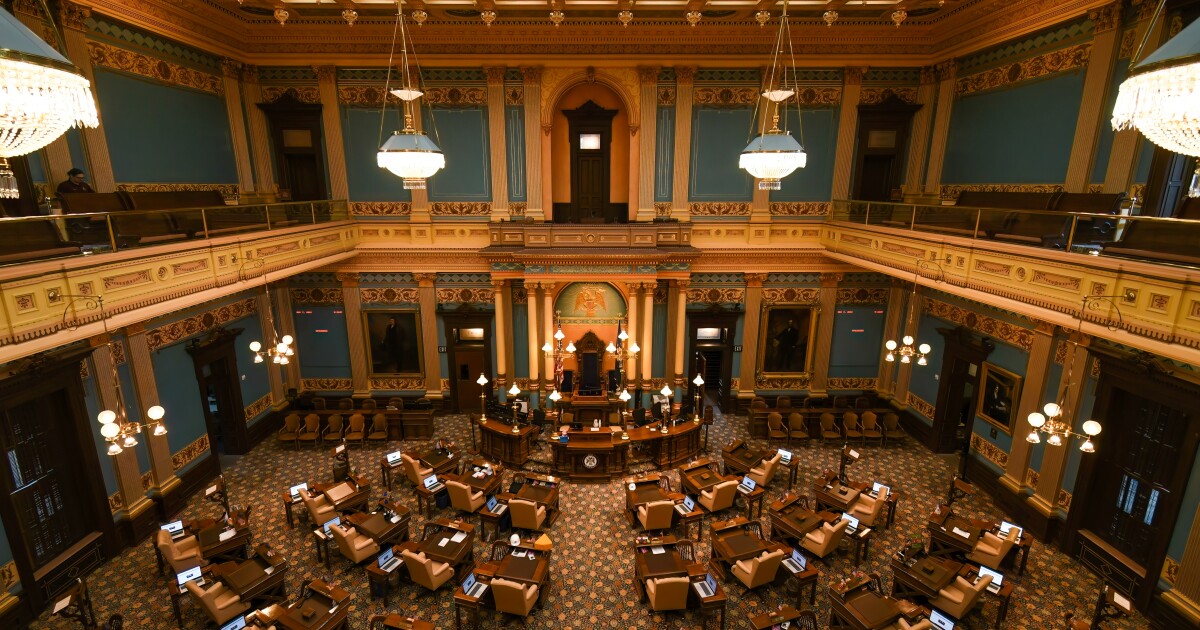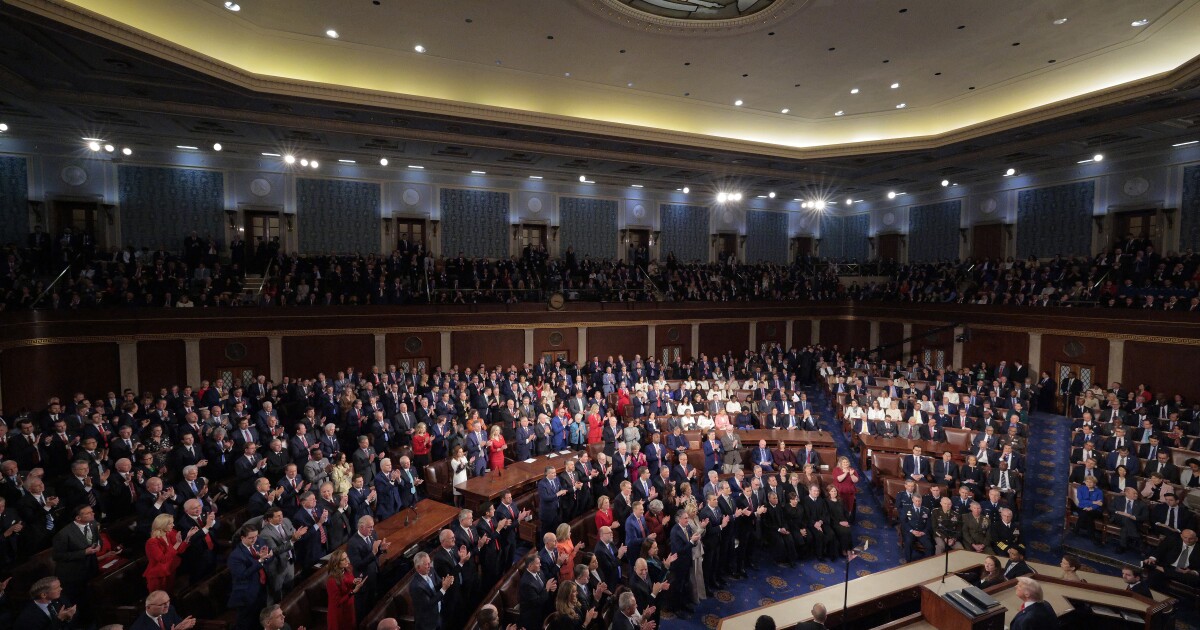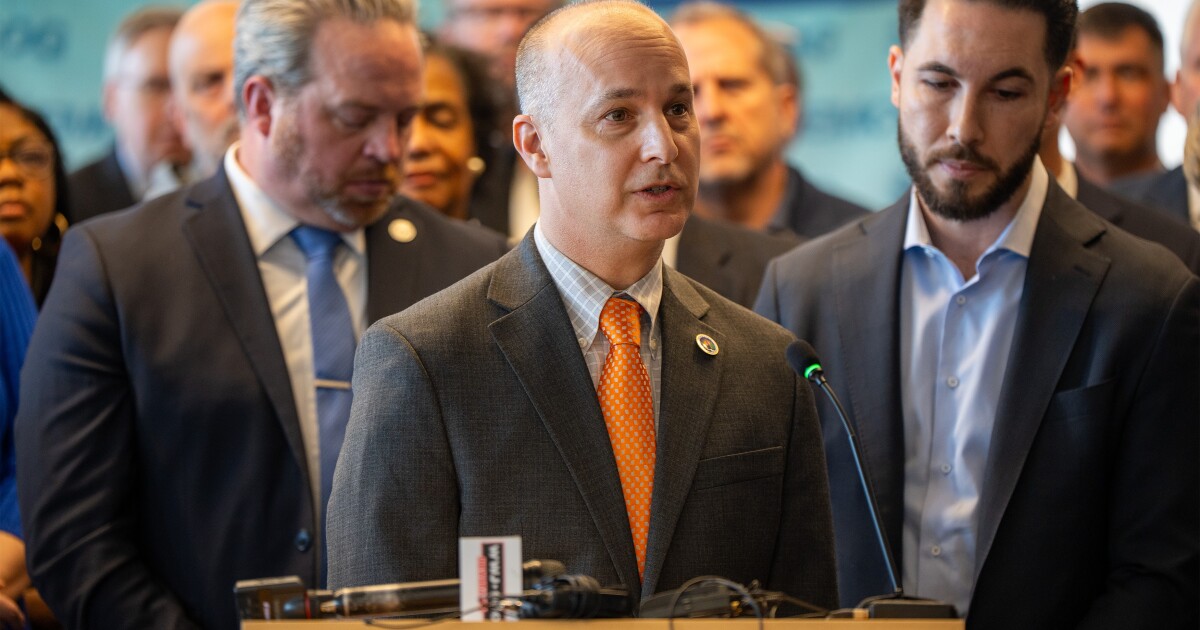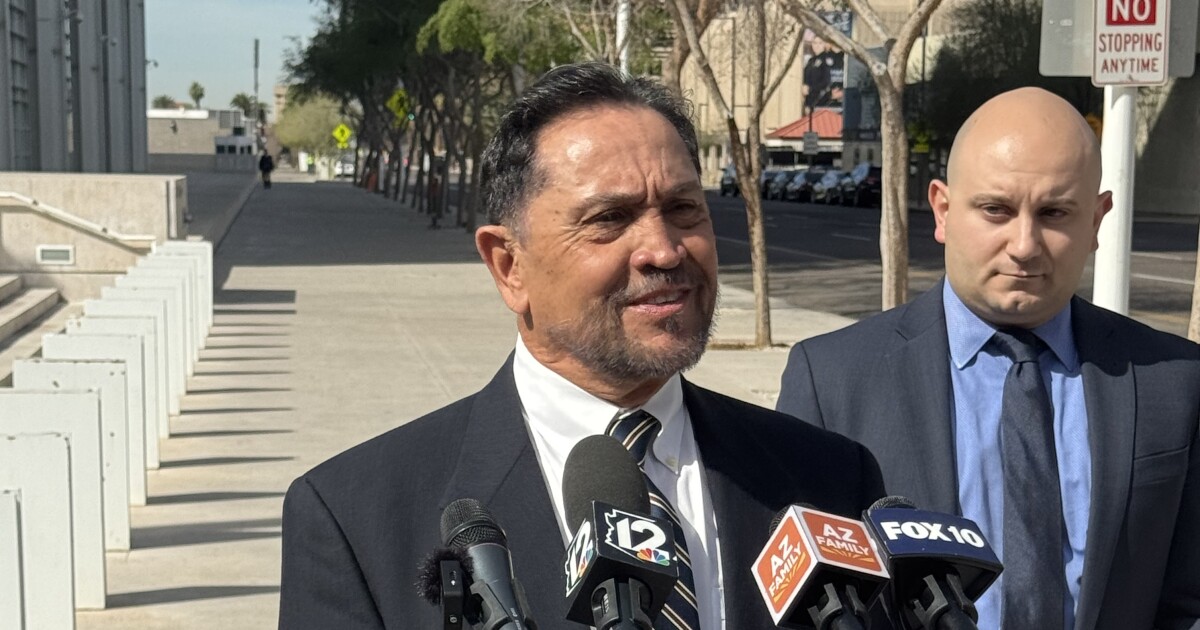Coal Plant Continues Operations Amid Controversy and Costs
An ongoing debate surrounds the J.H. Campbell Generating Plant located near Lake Michigan. Despite plans by Consumers Energy to shut it down, a directive from the Trump administration has kept the coal-fired power facility operational, leading to an $80 million expenditure as of September 30. The financial burden of maintaining the plant is expected to be distributed among electricity consumers across the Midwest, according to a recent company filing with federal regulators.
Consumers Energy, adhering to federal orders, is poised to continue operations at the Campbell plant. The company plans to seek reimbursement for these operational costs from the Federal Energy Regulatory Commission later this year.
Sanjay Narayan, an attorney with the Sierra Club’s Environmental Law Program, voiced concerns over the uncertainty created by emergency orders like the one affecting the Campbell plant. “Each emergency order lasts 90 days, but it can be renewed, and the administration has already renewed it once,” he stated. The lack of a long-term strategy, he argued, hinders effective decision-making, ultimately affecting financial outcomes for consumers.
Environmental and Economic Implications
Narayan criticized coal as a less desirable energy source compared to alternatives such as solar and wind power. He remarked that coal plants, including the Campbell facility, emit significant levels of pollutants such as sulfur dioxide, mercury, and lead, making them among the dirtiest industrial sites.
Backing the closure decision, Bryan Smigielski from the Sierra Club highlighted Consumers’ transition towards modern energy solutions. The Trump administration, however, emphasized the risk of electricity shortages if the plant ceased operations. Both Consumers Energy and the Michigan Public Service Commission have indicated that their plans address current energy demands.
Smigielski also noted that the emergency order aims to ensure sufficient energy supply for the expansion of data centers by major tech and AI companies. U.S. Secretary of Energy Chris Wright emphasized, “maintaining access to affordable, reliable, and secure power is always our top priority.”
Financial and Health Concerns
Consumers Energy’s strategy to phase out coal power, including the shutdown of the Campbell plant, was projected to save $600 million by 2040 and offer various environmental benefits. However, sulfur dioxide emissions from coal plants are linked to severe health issues, including asthma, heart disease, and early-onset dementia.
Local residents, as reported by Smigielski, have expressed strong opposition to funding unnecessary coal power, especially when energy expenses already exceed 6% of household incomes. The overarching concern is that the public, not Consumers Energy, will bear the financial burden of keeping the plant operational, as Narayan pointed out.
Editor’s note: Consumers Energy is one of Michigan Public’s corporate sponsors.
—
Read More Michigan News

